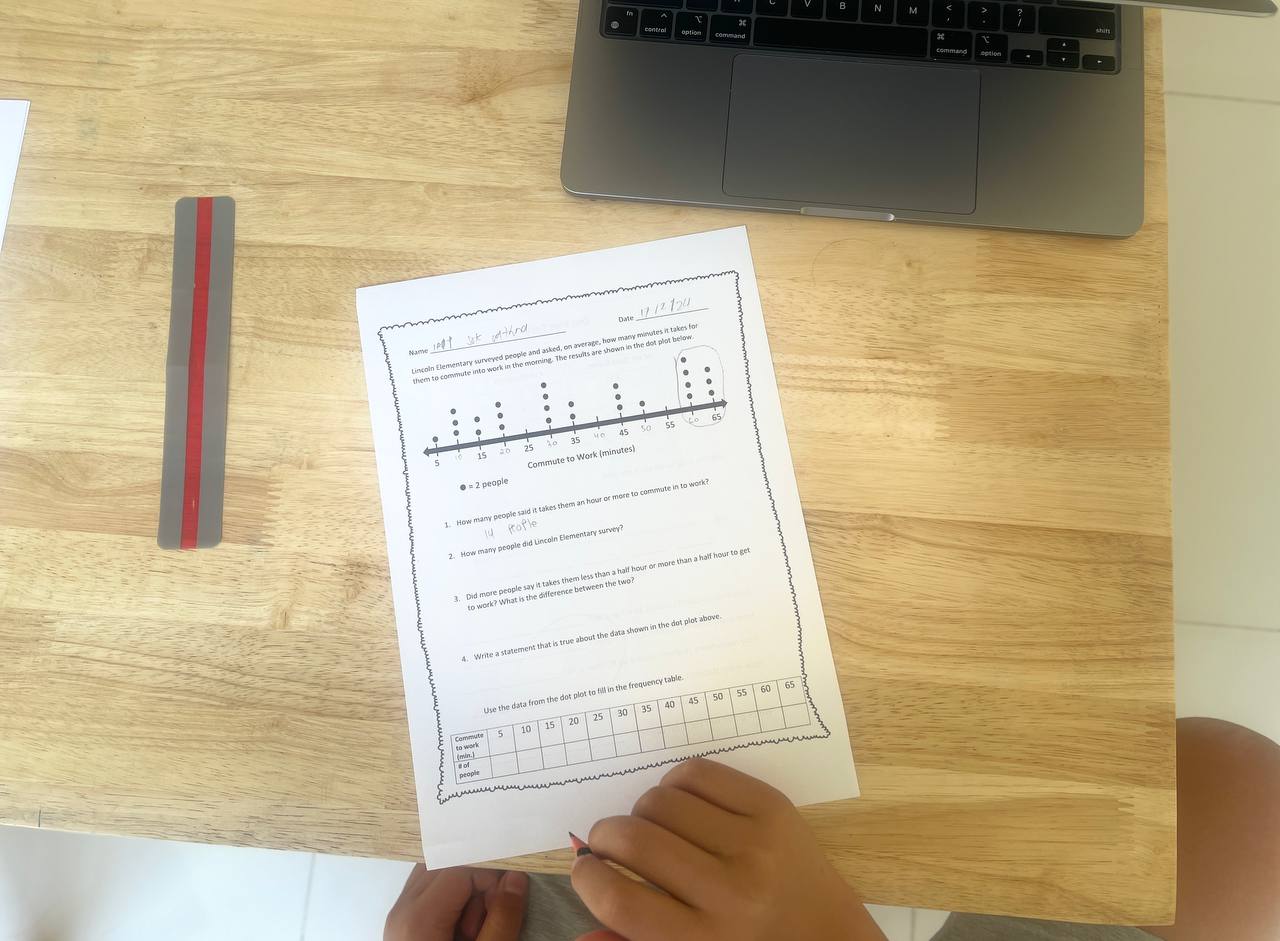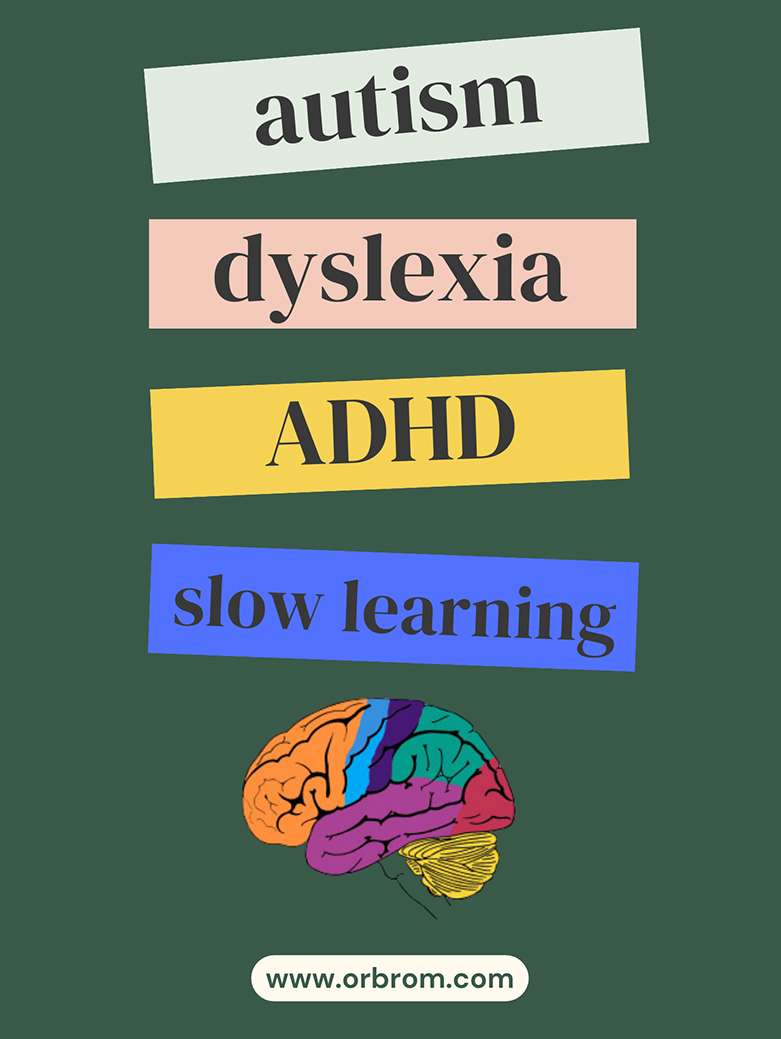Math can be a daunting subject for any child, but for those with special needs, the challenges can be even greater. Fortunately, with the right approach, educators and parents can unlock a world of mathematical understanding and enjoyment for these learners. This blog explores key strategies for teaching math concepts to children with special needs, fostering a positive learning environment, and setting them up for success.
Understanding the Individual:
Before diving into specific strategies, it’s crucial to remember that every child with special needs is unique. Learning styles, strengths, and weaknesses vary greatly. Individualized Education Programs (IEPs) and collaboration with specialists are essential for tailoring instruction to each child’s needs.
Building a Strong Foundation:
- Concrete to Abstract: Start with concrete manipulatives like blocks, counters, and measuring tools to build a foundation for abstract concepts. Progress gradually to visual aids like number lines and pictures before introducing symbolic representations.
- Multisensory Learning: Engage multiple senses through auditory, visual, and kinesthetic activities. Sing counting songs, use tactile manipulatives, and incorporate movement breaks to keep children engaged and motivated.
- Real-World Connections: Make math relevant by connecting it to everyday experiences. Encourage children to count objects in their environment, measure ingredients while cooking, or use math games during playtime.
Effective Teaching Strategies:
- Explicit Instruction: Break down complex concepts into smaller, manageable steps. Use clear, concise language and provide frequent opportunities for practice and feedback.
- Positive Reinforcement: Celebrate successes, no matter how small, to boost confidence and motivation. Use positive language and focus on effort rather than just the outcome.
- Differentiated Instruction: Provide multiple pathways to learning and assessment. Offer different levels of challenge, modify tasks as needed, and use assistive technology when necessary.
Technology as a Tool:
Educational apps, games, and online resources can be valuable tools for learning math. Choose age-appropriate programs that align with your child’s specific needs and learning style. Remember, technology should supplement, not replace, traditional teaching methods.
Collaboration is Key:
Open communication and collaboration between parents, educators, and specialists are crucial for a child’s success. Share strategies, progress reports, and concerns regularly to ensure a unified approach to learning.
Remember, patience, flexibility, and a positive attitude are essential ingredients for success. By implementing these strategies and tailoring them to each child’s unique needs, you can help children with special needs develop a strong foundation in math and unlock their full potential.
Unlocking Potential with OrbRom Center:
OrbRom Center, a leading provider of specialized education services, offers comprehensive programs and individualized support for children with special needs. Our team of experienced professionals utilizes evidence-based practices and cutting-edge technology to help children thrive in all areas, including math. Contact OrbRom today to learn more about how we can support your child’s journey to mathematical success.








Leave A Comment